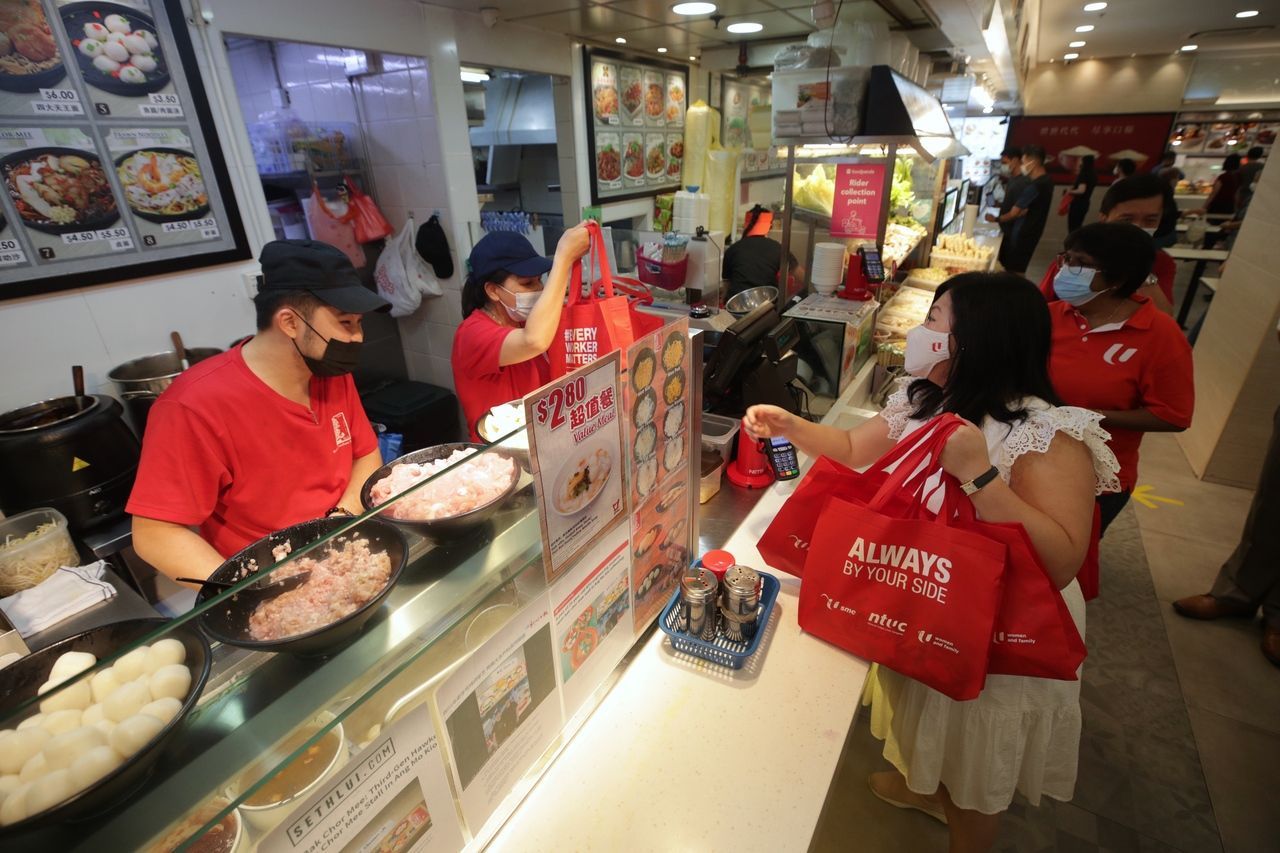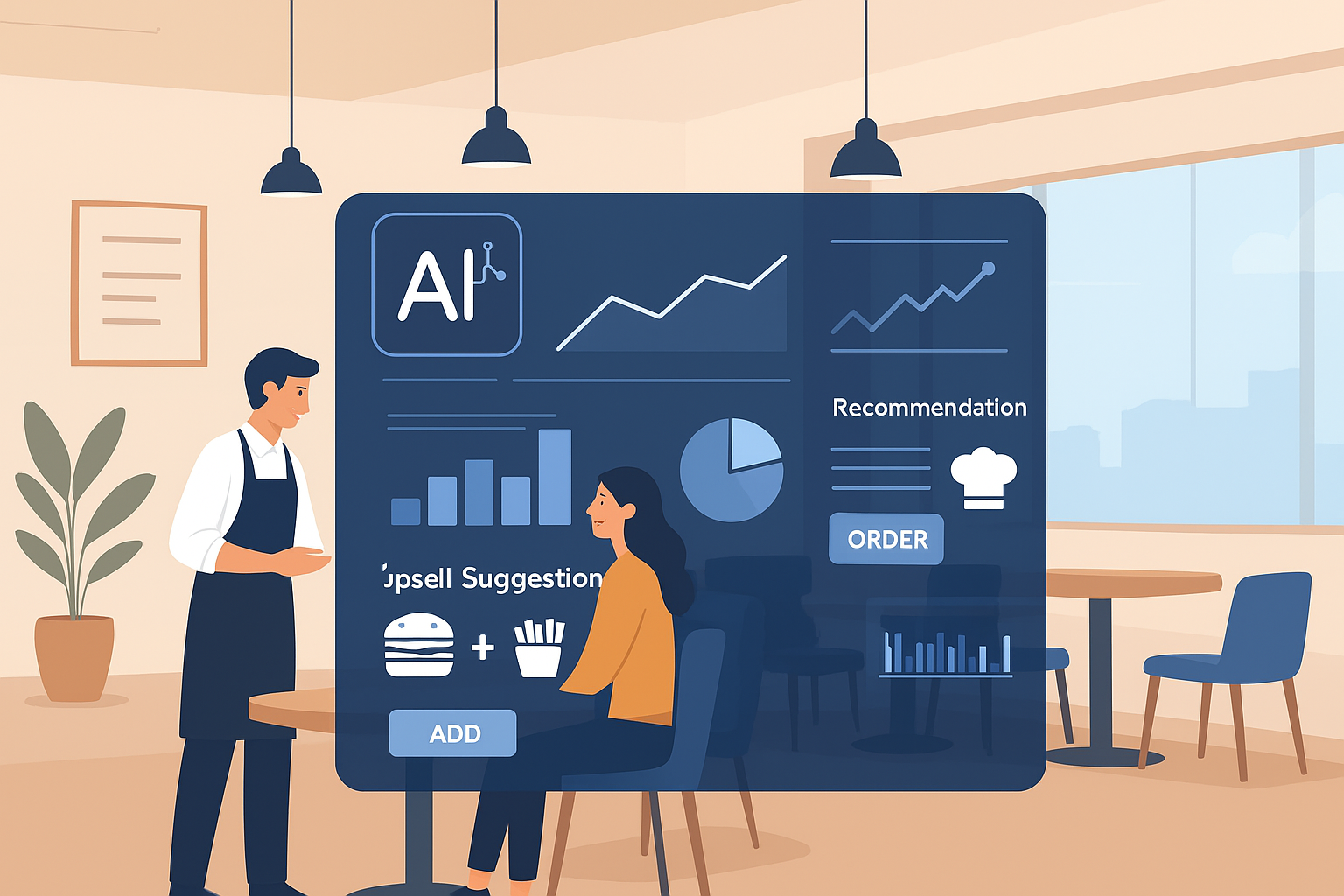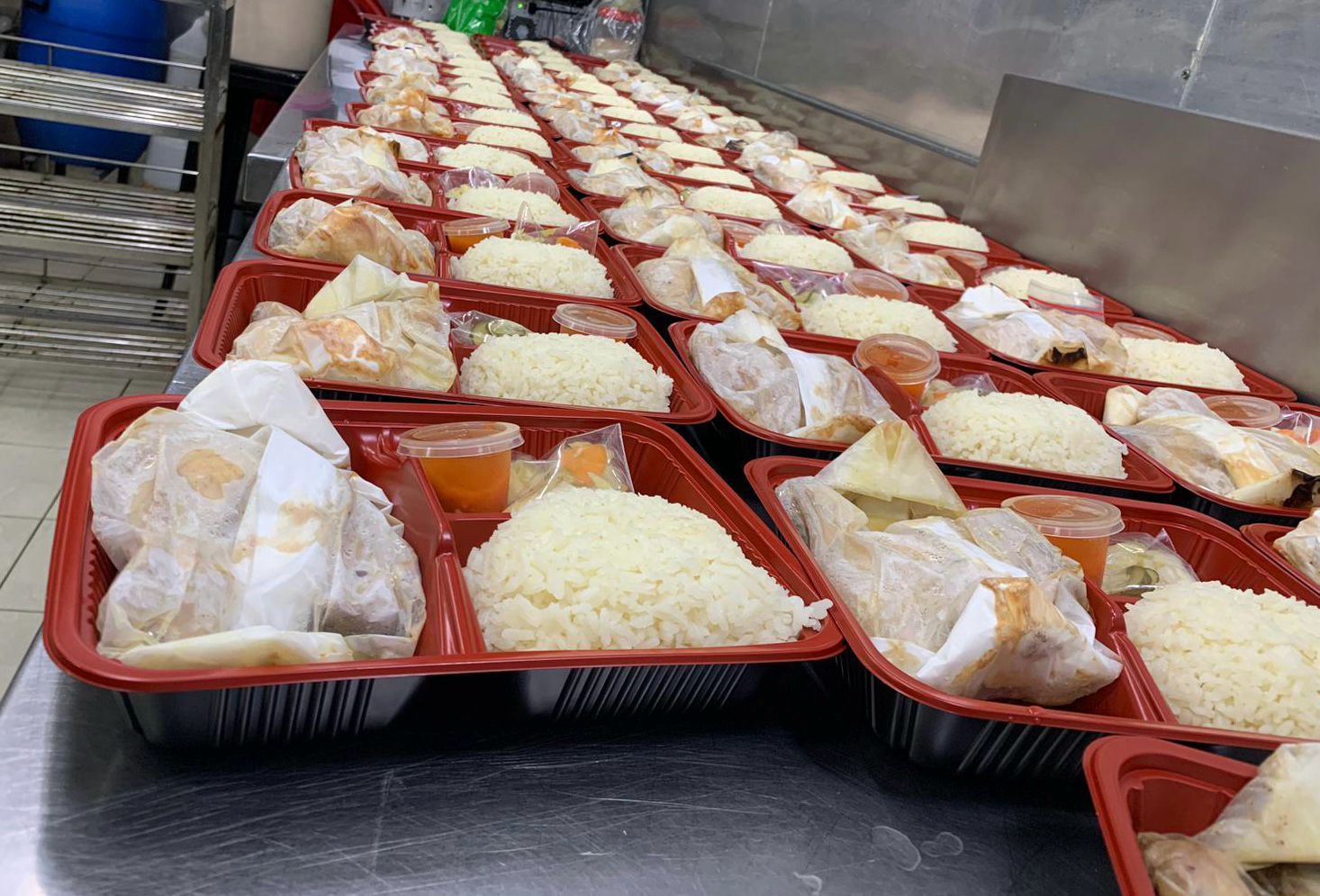The Ultimate Guide to Choosing the Best CRM Solution for Your Restaurant
In the highly competitive restaurant industry, building strong customer relationships is crucial for long-term success. A Customer Relationship Management (CRM) solution tailored for restaurants can help you streamline operations, improve customer satisfaction, and boost sales. This ultimate guide will walk you through the key features to look for in a CRM solution for your restaurant and how these features can enhance your business.
Why Your Restaurant Needs a CRM Solution
A CRM solution designed for restaurants goes beyond simply managing customer data. It helps you understand your customers better, personalize their experiences, and maintain strong relationships. Here are some compelling reasons why your restaurant needs a CRM solution:
- Enhanced Customer Experience: Personalize interactions based on customer preferences and order history.
- Improved Efficiency: Streamline operations such as reservations, orders, and marketing campaigns.
- Increased Sales: Boost revenue through targeted promotions and loyalty programs.
- Data-Driven Decisions: Make informed decisions using detailed customer insights and analytics.
Key Features to Look for in a Restaurant CRM Solution
1. Customer Data Management
A robust CRM system should efficiently capture and manage customer information, including contact details, order history, preferences, and feedback. This comprehensive database allows you to understand your customers better and tailor your services accordingly.
2. Loyalty Programs and Rewards
Loyalty programs are essential for retaining customers. Look for a CRM solution that enables you to create and manage loyalty programs, offering rewards such as discounts, points, or free items based on customers' spending patterns. Automated tracking and reward distribution enhance customer engagement and encourage repeat visits.
3. Reservation and Table Management
Integrating reservation and table management into your CRM system simplifies the booking process. Features like online reservations, waitlist management, and table assignment ensure a smooth and efficient dining experience for your customers, reducing wait times and improving satisfaction.
4. Personalized Marketing Campaigns
Effective marketing is crucial for attracting and retaining customers. A good CRM solution should offer tools for creating personalized marketing campaigns based on customer data. This includes email marketing, SMS campaigns, and push notifications. Targeted promotions based on customers' preferences and behavior can significantly boost engagement and sales.
5. Analytics and Reporting
Data-driven insights are vital for making informed decisions. Choose a CRM system that provides detailed analytics and reporting features. This includes customer behavior analysis, sales trends, campaign performance, and overall business metrics. Access to real-time data helps you identify areas for improvement and measure the success of your strategies.
6. Integration Capabilities
Your CRM solution should seamlessly integrate with other systems you use, such as your Point of Sale (POS) system, online ordering platform, and inventory management software. Integration ensures data consistency and streamlines operations, providing a holistic view of your business.
7. Mobile Accessibility
In today's fast-paced environment, mobile accessibility is essential. Ensure your CRM solution offers mobile compatibility, allowing you to access customer data, manage reservations, and monitor analytics on the go. This flexibility helps you stay connected with your business, even when you're not on-site.
8. Customer Feedback Management
Collecting and acting on customer feedback is crucial for continuous improvement. Look for a CRM system that facilitates feedback collection through surveys, reviews, and direct comments. Analyze the feedback to identify trends and areas for enhancement, showing customers that you value their opinions.
9. Automation
Automation features can save time and reduce manual errors. Choose a CRM solution that automates routine tasks such as sending birthday greetings, promotional offers, and follow-up emails. Automation ensures timely and consistent communication, enhancing customer satisfaction and loyalty.
10. Security and Compliance
Customer data security is paramount. Ensure your CRM solution complies with data protection regulations and offers robust security features, including encryption, access controls, and regular security updates. Protecting customer information builds trust and safeguards your reputation.
How a CRM Solution Improves Restaurant Operations and Customer Satisfaction
Implementing a CRM solution tailored for restaurants brings numerous benefits that enhance both operations and customer satisfaction:
- Streamlined Operations: Automate and optimize processes like reservations, order management, and marketing, reducing administrative burdens and improving efficiency.
- Personalized Customer Experience: Use customer data to personalize interactions, from greeting regular customers by name to recommending dishes based on their preferences.
- Increased Loyalty and Retention: Loyalty programs and personalized marketing campaigns foster customer loyalty, encouraging repeat visits and long-term relationships.
- Data-Driven Decisions: Access to comprehensive analytics enables you to make informed decisions, identify trends, and adapt strategies for better results.
- Improved Communication: Maintain consistent and timely communication with customers through automated messages and targeted campaigns.
Conclusion
Choosing the best CRM solution for your restaurant is a critical decision that can significantly impact your business's success. By focusing on key features such as customer data management, loyalty programs, personalized marketing, and analytics, you can create a seamless and satisfying experience for your customers while streamlining your operations. Invest in a robust CRM system tailored to the unique needs of the restaurant industry and watch your business thrive.
Interested in a CRM Based POS System, QR ordering or a standalone CRM membership system?
Send an Enquiry!
You might also like



